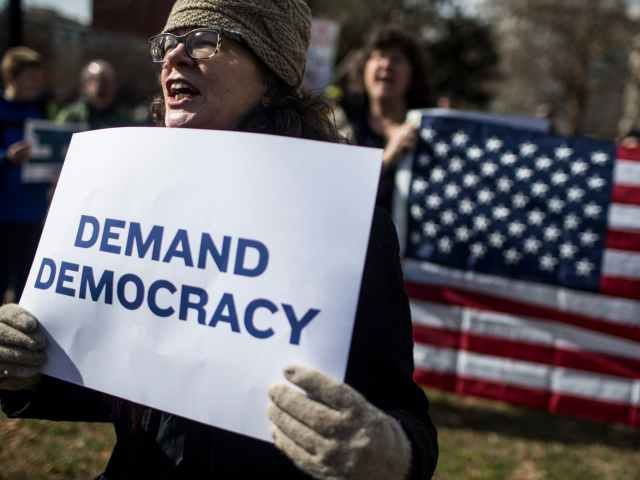Ohio University has decided to rescind a social media ban regarding suspended student organizations after receiving a letter from the Foundation for Individual Rights in Education (FIRE) warning the publicly-funded school that the ban does not uphold its students’ First Amendment rights.
Ohio University (OU) has reversed a temporary ban it placed on suspended student groups, which prohibited the student groups involved from communicating on social media, according to a report by Campus Reform. The ban was removed after FIRE notified the school that its social media ban was “unconstitutional.”
“FIRE is concerned about the threat to freedom of expression and freedom of association at Ohio University (OU) posed by cease and desist letters issued to several student groups accused of hazing,” wrote FIRE to OU in a letter last month.
“By restricting these groups from meeting in any capacity or engaging in communication through social media platforms, OU has exceeded the lawful scope of its authority under the First Amendment,” added the organization. “We call upon OU to rescind these restrictions immediately.”
Thirteen Greek organizations and one campus sports team were reportedly affected by OU’s social media ban. The student groups were also prohibited from holding events.
“This also includes communication with and among the group via any social media platform or application,” said assistant dean of students Taylor J. Tackett, according to FIRE. “To reiterate, I expect there to be no other communication with your members, unless it is pre-approved by me.”
In October, the university had reportedly suspended all of its fraternities and one sports team due to allegations of extreme hazing, which allegedly led to one student’s death.
FIRE maintains that the school’s new regulations regarding social media “do not survive this First Amendment test.”
“While OU may impose temporary restrictions on student groups accused of violating its rules, those rules must be consistent with OU’s obligations as a state institution bound by the United States Constitution,” said FIRE.
“Under the First Amendment, the university may not restrict its students’ freedom of association or general right to communicate via social media in the absence of a compelling state interest, and may only do so where the regulation is narrowly tailored to effectuate that interest,” added the organization.
Ten days after FIRE sent its letter, OU notified the organization in a letter that it had reversed its communication ban. In its letter, however, the school bizarrely added that it did not agree “that the original directives were constitutionally infirm.”
You can follow Alana Mastrangelo on Twitter at @ARmastrangelo, and on Instagram.

COMMENTS
Please let us know if you're having issues with commenting.